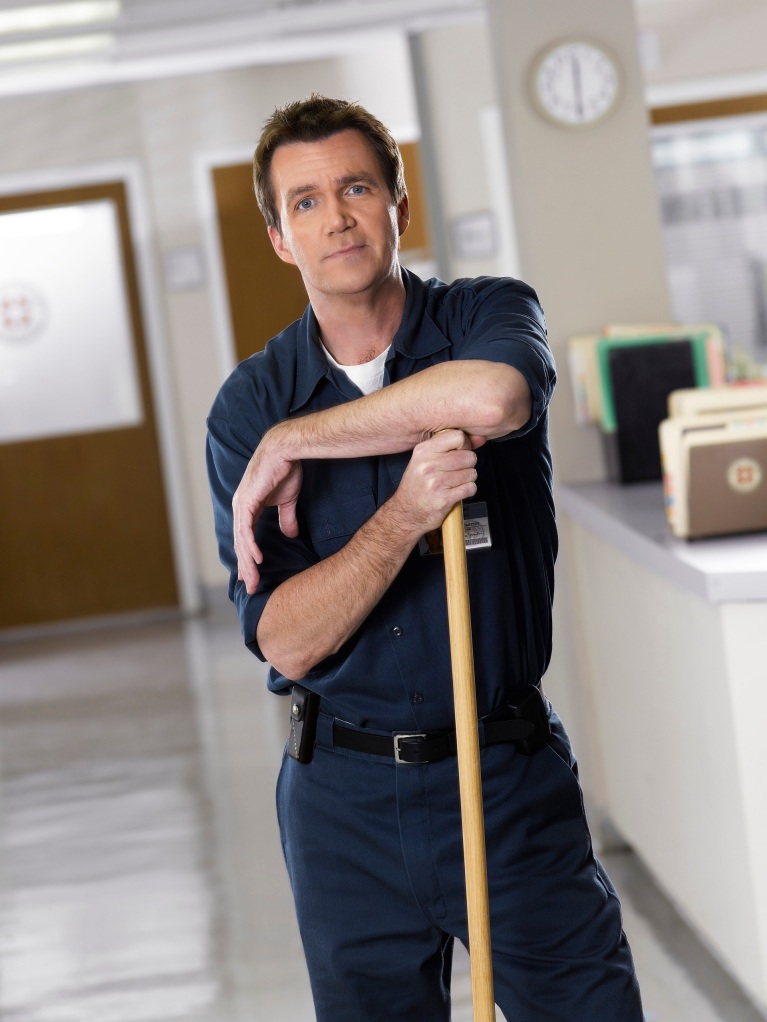I once worked at a very large and wealthy synagogue in a fairly major city. One of my many responsibilities was teaching a Confirmation class on Social Justice to 30 teens, mostly students of gated private schools who lived in high rise apartments with uniformed doormen.
One hot topic in our class was homelessness. For these children of relative privilege, the homeless—ever present on the city streets—were a daily threat, a menacing source of fear, loathing, and contempt. It took me a while to get their perspective, but I finally understood how frightening homeless people were to them. To them, their lives, their parents, their homes and schools represented right living, order over chaos, and virtue over vice. Anyone who was homeless must have somehow trespassed the basic rules of industry and decency. For these kids, it was as simple as good, bad, and just deserts, an object lesson I feared their parents willfully reinforced out their own parental anxieties.
Unfortunately, it was a social division further reinforced by the rest of the city. For example, I tread the sidewalks well aware that, if I fell, half a dozen strangers would leap to my aid. On the other side, I would see all those same kind strangers rapidly walking past an apparently homeless person lying on the sidewalk. Somehow becoming homeless meant passing beyond the circle of ordinary courtesy and simple kindnesses the rest of us shared and enjoyed.
I decided my job in those few short weeks was to help these teens unlearn everything they thought they knew about the homeless. We spent a lot of classes simply reading the newspaper together: learning about the real lives of people, about minimum wage, average rents, the cost of health care, about widowhood, domestic violence, unemployment, immigration, chronic and mental illnesses. Week after week, on a huge blackboard, we worked out the budgets of the people in the stories. Week after week, they saw how rarely the numbers added up, no matter how many jobs, for example, the single mother worked or how many meals her children skipped.
One day several weeks into the class, I asked the students the following question: Had anyone in their family, close or extended, ever themselves been homeless?
Without exception, their response was one of shock that I would even suggest such a thing.
I tried to break the awkward silence by sharing my own father had been homeless during the Depression. I told them that, even after he found a job as a night janitor, he still had to sleep on park benches during the day, wrapping himself in newspapers to keep warm, while he saved up enough money to rent a room.
There was a deeply embarrassed silence on my behalf in response, so I did not share with them that in her youth, my mother’s parents were migratory farm workers, living in a tent—yet another kind of homelessness.
Instead I asked if any of them had grandparents who were Holocaust survivors. Three proud hands shot up, anxious to tell the stories. In each case, we discovered, the grandparent had been for a time homeless. We discussed how the Holocaust was a time of massive Jewish homelessness, as were many other periods of Jewish history. Then I asked the kids how their families came to America. Many of the stories, sketchy as they were, pointed to periods of poverty, homelessness, and struggle. Slowly other stories began surfacing too, of distant aunts and unmet cousins. Then we globalized our view and numbered the millions made homeless worldwide by famine, war, disease, religious and racial prejudice, and outright greed.
What we laboriously discovered during those few weeks together was, in the course of human history—global and/or personal—homelessness happens to people. No one deserves it or earns it, nor have they deserved or earned the all-encompassing stigma attached.
Homelessness, fed by rising unemployment and the mortgage crisis, is soon to reach a new high in our home country. The old scourge requires fresh attention, reenergized coalitions, and renewed commitment. For this reason I joined the planners of the GREATER LOWELL INTERFAITH FORUM ON HOMELESSNESS, Sunday Mar. 1, 2-4pm, at Christ Church United in Lowell. Its not just about a lot of talk, but nuts-and-bolts organizing around meeting the challenge of homelessness in our own community.
Once we were slaves in Egypt, and wandered homeless for 40 years in the desert. Once my father slept on a park bench, my mother in a farm worker’s tent.
Homelessness. It’s about history. It’s about family. It’s here and it’s now.
We are only helpless if we choose to do nothing.
My Father was once a Homeless Janitor



